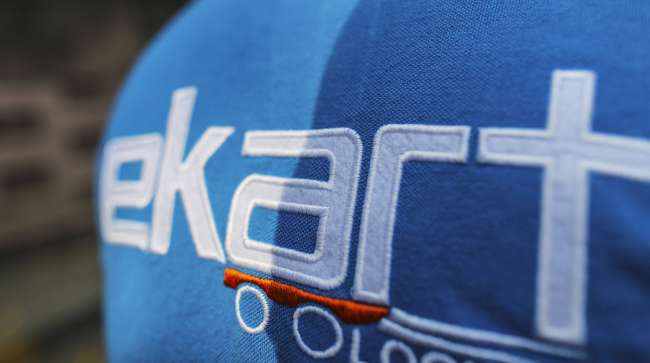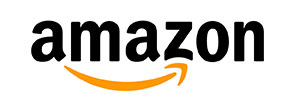Walmart Favored Over Amazon to Buy India’s Flipkart

Walmart Inc. looks likely to take the next round in the battle for India’s retail market over rival Amazon.com.
Flipkart Online Services, the country’s leading e-commerce company, is leaning toward selling a controlling stake to the Bentonville, Ark.-based company, rather than Amazon, because of the greater certainty in such a deal, according to sources familiar with the matter. Both U.S. companies are bidding for a controlling stake in Flipkart at a valuation of about $20 billion, said the sources, asking not to be identified because the matter is private.


Flipkart’s board recently met to discuss the competing proposals and thinks Walmart could close a deal more quickly and smoothly, the sources said. Walmart faces fewer regulatory hurdles because it has no online retail presence in the country now, while Amazon is the second-largest e-commerce player and Flipkart’s primary rival. Flipkart founders Sachin and Binny Bansal also favor Walmart because they would continue to help lead the business and the U.S. company’s executives have emphasized their commitment to the market.
A Walmart deal has been discussed since at least last year and still could change or fall apart. SoftBank Group Corp., Flipkart’s largest shareholder, may prefer a sale to Amazon, in part because of its success in cracking open the e-commerce business, one of the sources said. Amazon founder Jeff Bezos has committed $5.5 billion to India and his country chief, Amit Agarwal, has made progress by adapting the site to local conditions.
Walmart, Amazon and Flipkart declined to comment.
Walmart is in talks to take a minority stake in Flipkart that could go to 60%, the sources said. The amount will depend in part on which of Flipkart’s existing shareholders want to sell, including SoftBank and Tiger Global Management. Bloomberg News reported last month that Walmart likely would pay about $7 billion for one-third of the company.
If completed, the deal would give Walmart a major stake in an emerging market of 1.3 billion people. The U.S. company is the world’s largest retailer, but it has struggled against Amazon as consumers increasingly migrate to online commerce. India is the next big potential prize after the United States and China, where foreign retailers have made little progress against Alibaba Group Holding Ltd.
Amazon and Bezos are pushing hard for a deal with Flipkart because they realize Walmart’s money will fortify its rival and make competition more fierce. By contrast, an Amazon deal for Flipkart would consolidate the market and allow Bezos to step up investments in a country still in need of basic infrastructure for faster delivery and high-quality goods.
Still, an Amazon deal would be much more complicated than one with Walmart, one source said. Because of regulatory concerns, Amazon likely would have to offer concessions to government authorities, such as continuing to operate the two e-commerce sites as independent brands. Bezos also would have to persuade Flipkart and its board to take a chance on government approval — perhaps by guaranteeing a large breakup fee if the deal fails.
A $20 billion price tag would be substantially higher than Flipkart’s valuation of about $12 billion last year. It already is the most valuable startup in India.
Tiger and SoftBank are the startup’s largest shareholders, followed by South Africa’s Naspers Ltd. If the deal goes through, it would be the biggest in the nascent history of Indian e-commerce.




